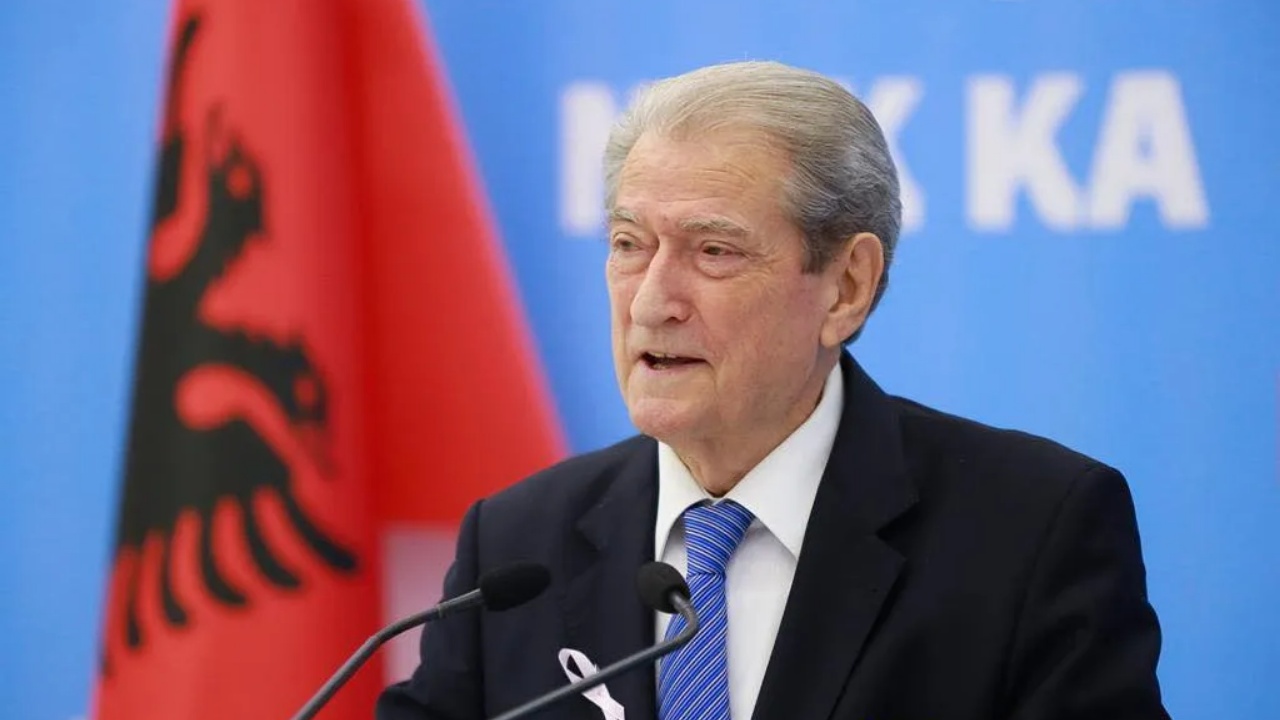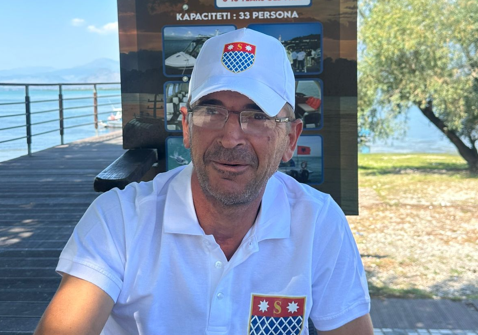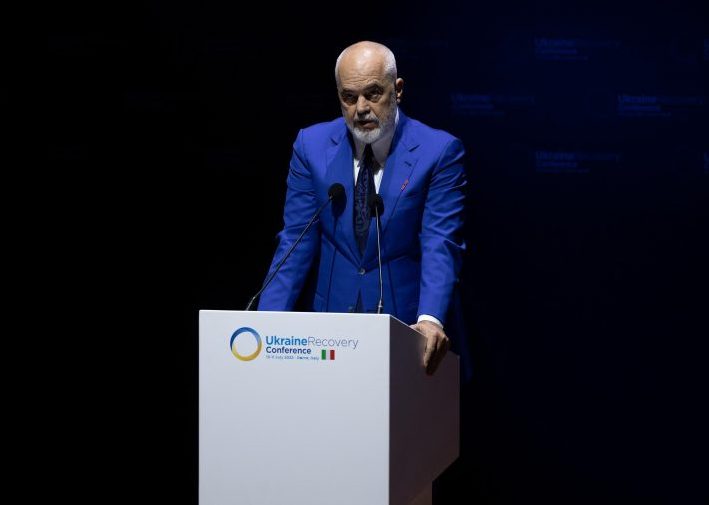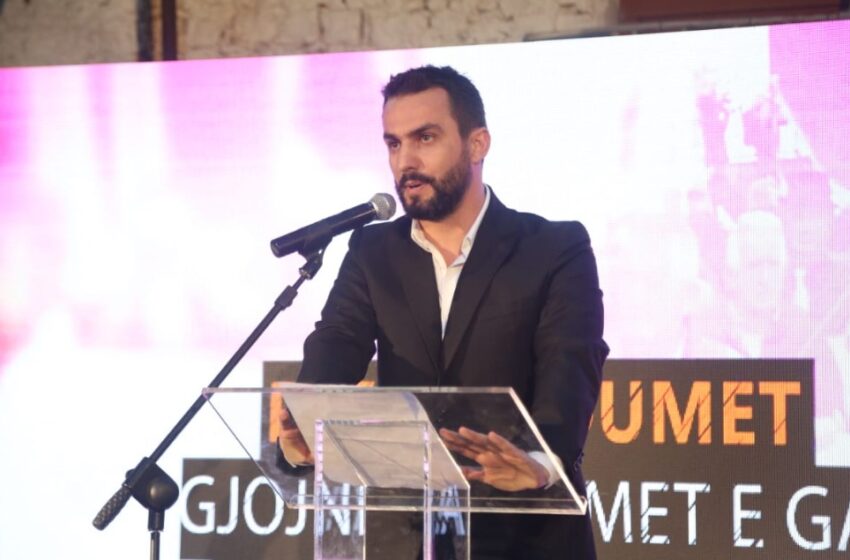Sali Berisha released from house arrest by Special Anti-Corruption Court

The Special Court Against Organized Crime and Corruption (GJKKO) has revoked the house arrest measure for Sali Berisha, leader of the Democratic Party, imposed since December 30, 2023. The court’s decision, issued Wednesday, follows a request from Berisha’s defense in connection with ongoing corruption charges related to the privatization of the former “Partizani” sports complex.
Berisha’s lawyer, Genc Gjokutaj, confirmed that the decision takes effect immediately. Berisha wasted no time, announcing a press conference at the Democratic Party headquarters at 1:30 PM.
Why is this important: The decision marks a significant turn in Berisha’s legal battle. The court accepted the defense’s argument that the Special Structure Against Corruption and Organized Crime (SPAK) has completed its investigative file, eliminating the risk of evidence tampering. However, SPAK prosecutors opposed the decision and are expected to appeal. The ruling also highlights the broader legal proceedings against Berisha, as SPAK prepares to submit the “Partizani” case for trial on December 16. This involves allegations of passive corruption tied to legislative and administrative actions that allegedly favored Berisha’s son-in-law, Jamarbër Malltezi, during the privatization and redevelopment of the complex.
Context: Berisha was placed under house arrest in December 2023 after defying an earlier court ruling that imposed a “compulsory appearance” measure as part of the “Partizani” investigation. This case focuses on the privatization and subsequent construction of 19 towers on the former sports complex, with allegations of substantial financial benefits to Berisha’s family members.
The ruling comes a week after Albania’s Constitutional Court deemed the initial “compulsory appearance” order lawful but found the travel ban imposed on Berisha disproportionate. The court is set to review the legality of the house arrest measure on December 27, as part of an expedited process requested by Berisha’s legal team.
Berisha’s defense has also appealed the case to the European Court of Human Rights (ECHR) in Strasbourg, alleging procedural violations. This week, the ECHR formally accepted the case, posing questions to the Albanian government about adherence to domestic appeal processes.
What’s next: As the legal proceedings unfold, the decision to revoke Berisha’s house arrest is likely to intensify political and public debate. The December 16 court hearing on the “Partizani” case will be a critical moment, while Berisha’s defense continues to challenge the proceedings both domestically and internationally.


